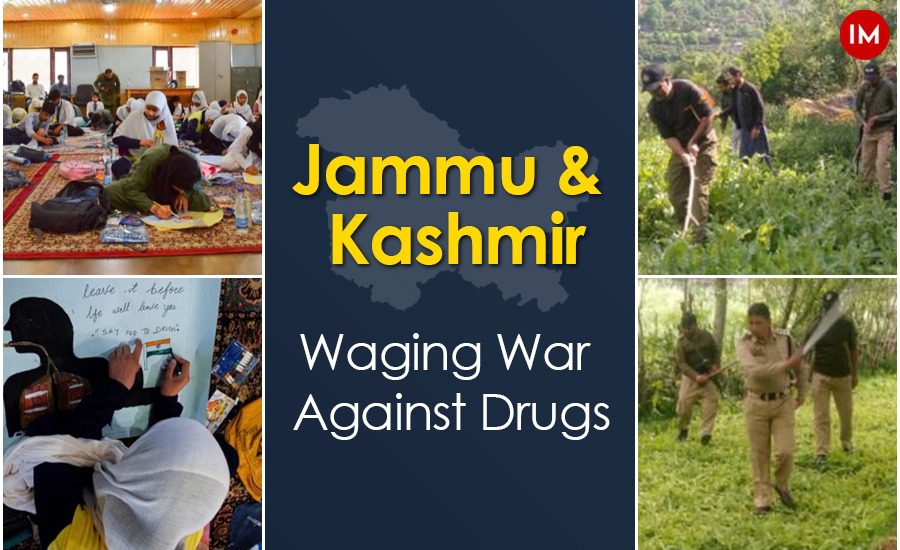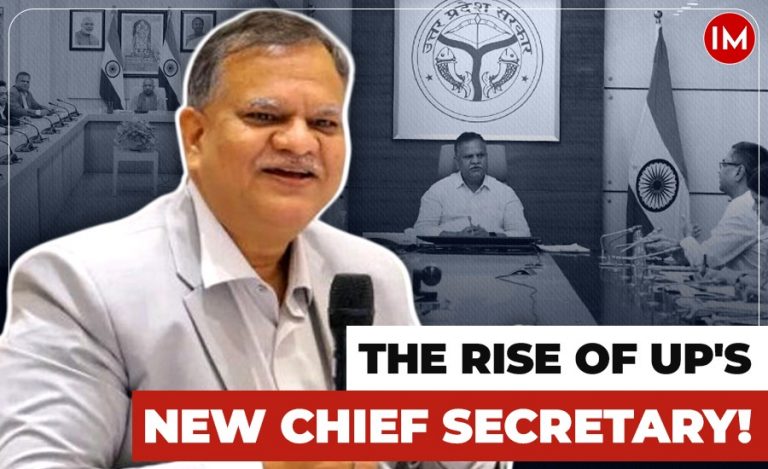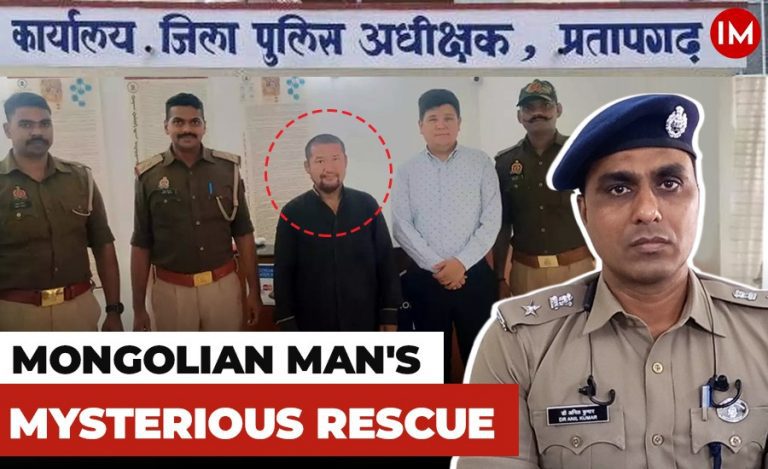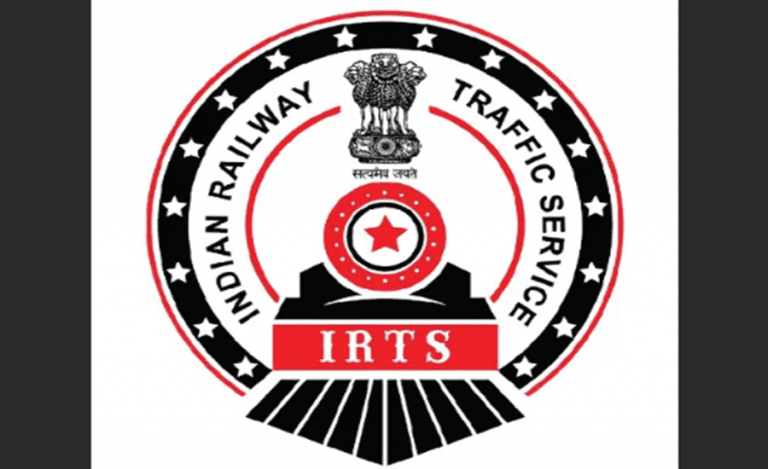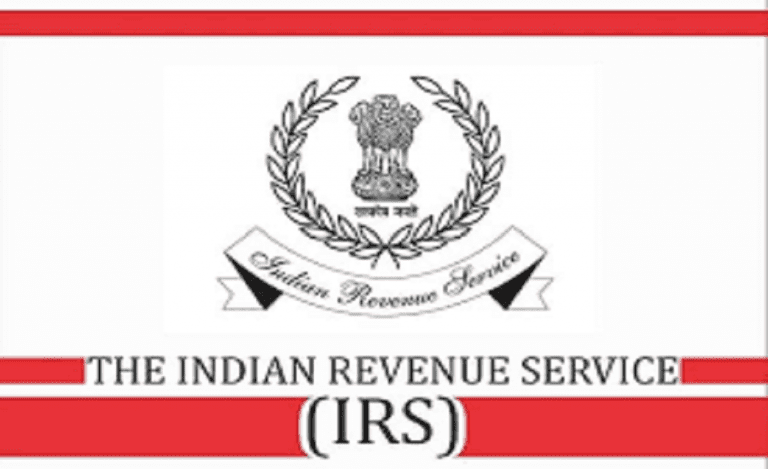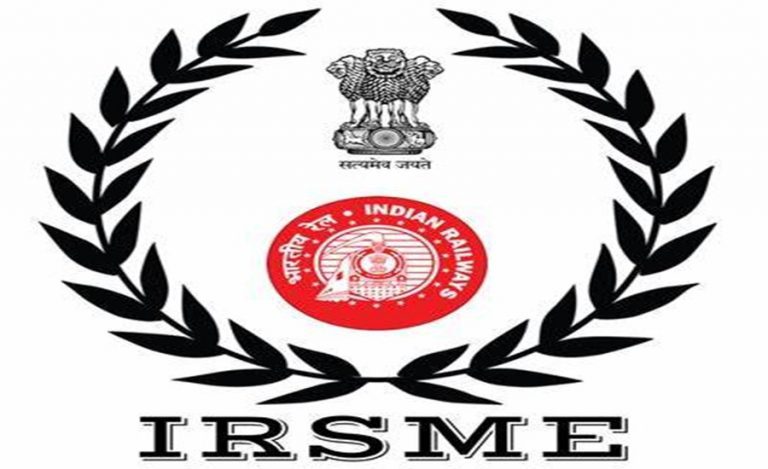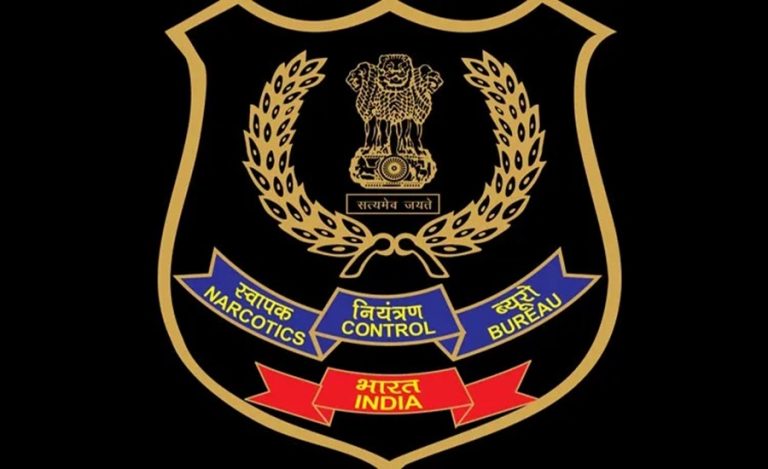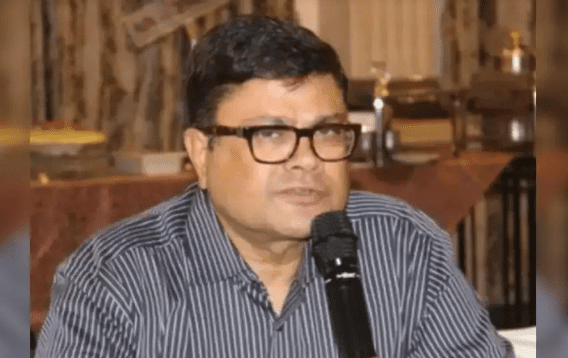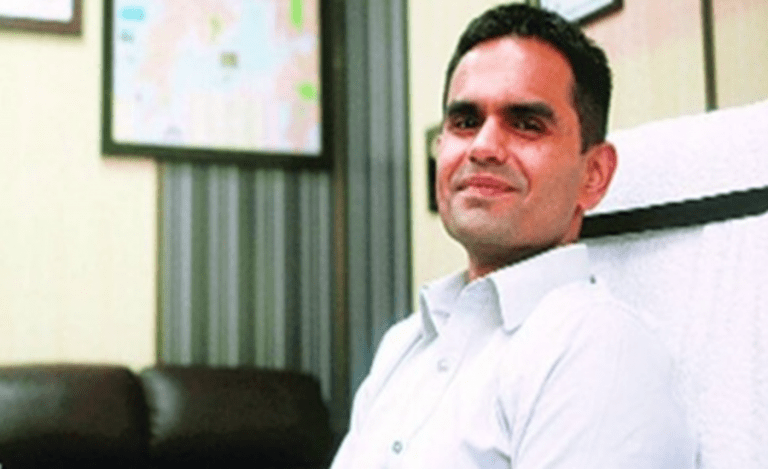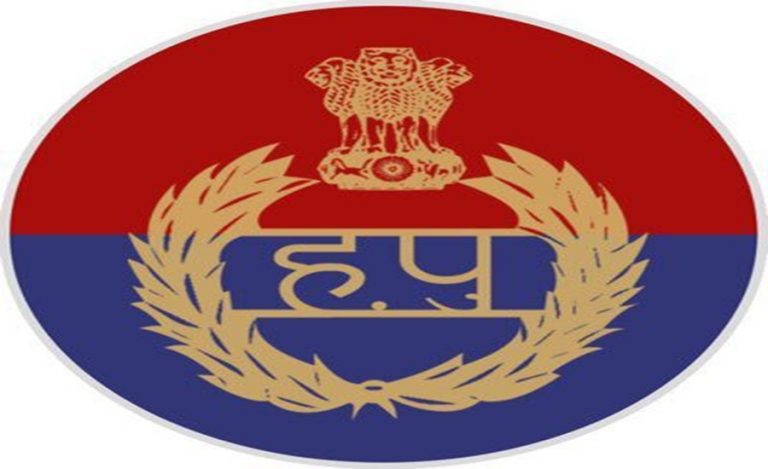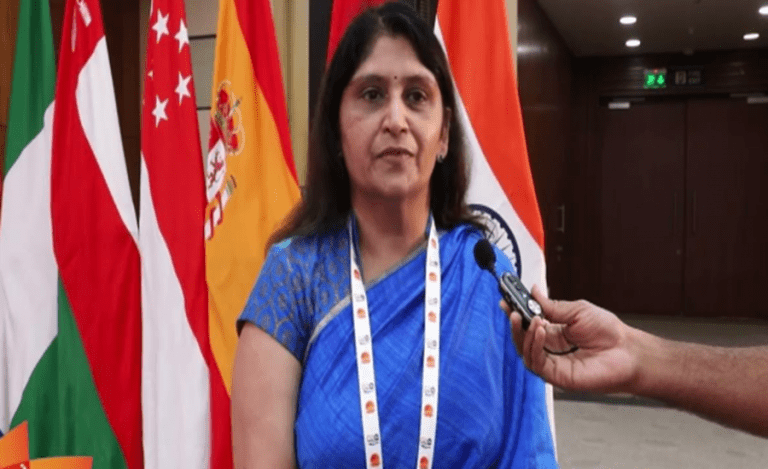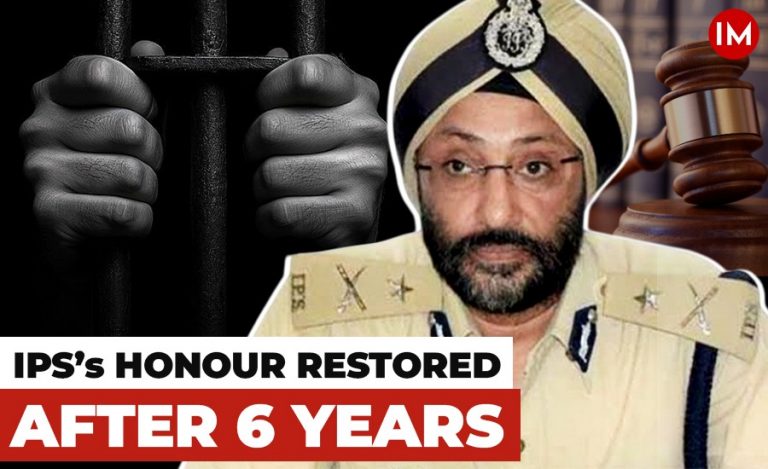Jammu and Kashmir is facing an alarming rise in drug abuse, including the consumption of hard drugs like heroin. Thousands of youth have fallen prey to this menace, prompting the government to take decisive action.
According to experts, the surge in drug addiction can be attributed to a combination of factors, including job shortages and mental health issues arising from living in a conflict zone.
In an exclusive conversation with Indian Masterminds, SSP Baramulla, Amod Nagpure, IPS (2013 J&K), outlined the action plan to combat drug abuse.
TEN LAKHS ADDICTS
The severity of the situation in Jammu and Kashmir is underscored by the findings of the National Survey on Extent and Pattern of Substance Use in India conducted by the Ministry of Social Justice and Empowerment. The figures shared in the Lok Sabha pointed towards nearly 10 lakh drug addicts in the Union Territory.
In the survey, it was also found out that an estimated 108,000 males and 36,000 females were using cannabis, while 534,000 males and 8,000 females were addicted to opioids. Additionally, 160,000 males and 8,000 females were found using various sedatives, 1,27,000 males and 7,000 females were noticed using inhalants, while many other males and females were addicts of cocaine, Amphetamine-type stimulants (ATS) and hallucinogens.
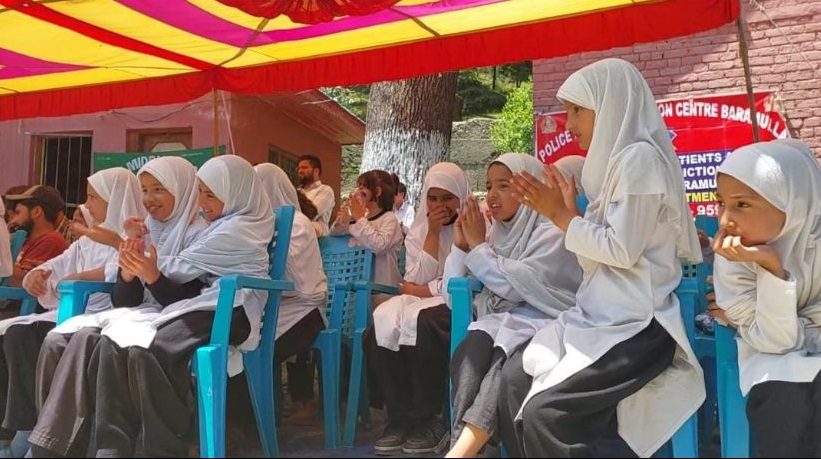
TAKING PUBLIC ON BOARD
Speaking to the Indian Masterminds, SSP Baramulla, Mr. Amod Nagpure, highlighted the police’s sustained efforts to combat drug abuse in the region. He mentioned that both male and female individuals as young as 16-17 years old, including school-goers, have fallen prey to drug addiction. He expressed confidence in the ongoing collective efforts of the police, local administration, and community members, to address the issue.
The police have collaborated with the public to gather intelligence and crack down on drug-related activities. In addition to strict law enforcement, awareness campaigns have been conducted among students, religious groups, and community organizations.

STEEP RISE OF HEROINE USERS
Last year, a survey conducted by the Jammu and Kashmir administration unveiled a startling figure of more than 52,000 heroin users in Kashmir alone. It was reported that these users spent an average of 88,000 rupees per month to sustain their drug habit. However, experts believe the actual numbers could be higher as many individuals may not admit to their addiction due to the associated social stigma.
Acknowledging the severity of the problem, the government has implemented various initiatives to address drug abuse in Kashmir. Dr. Mushtaq Ahmad Rather, the Director of Health Services in Kashmir, while affirming the government’s commitment to tackling the issue, said that as part of their efforts, Addiction Treatment Facility Centres (ATFCs) have been established in each district, which provide medical and counselling services to patients, and are staffed by a doctor, counsellor, and nurse.

CUTTING OFF FINANCES
The government has been taking stringent action against drug peddlers and suppliers. In a recent development, the Jammu and Kashmir Police froze bank savings and other financial instruments totalling Rs 18,36,611 belonging to a notorious female drug peddler and her family in Bandipora district. Police records indicate that over 5,000 cases have been registered under anti-narcotics laws between 2019 and 2022. Authorities have not only been utilizing existing laws related to the sale and use of narcotics, but have also employed stringent measures like the Public Safety Act, enabling detentions without trial for up to a year.
REHABILITATION OF ADDICTS
“To facilitate rehabilitation of drug users, a 10-bedded de-addiction hospital has been established, equipped with professionals such as pharmacists, social workers, and psychologists. The hospital aims to provide comprehensive treatment and support for youth battling drug addiction and assist them in their journey towards recovery and a drug-free life,” SSP Nagpure said.
The multifaceted approach includes cracking down on the supply side of the drug trade while simultaneously focusing on treatment and rehabilitation for those affected. By targeting both drug suppliers and addicts, they aim to break the vicious cycle of addiction and ensure a safer and healthier future for the people of Kashmir.
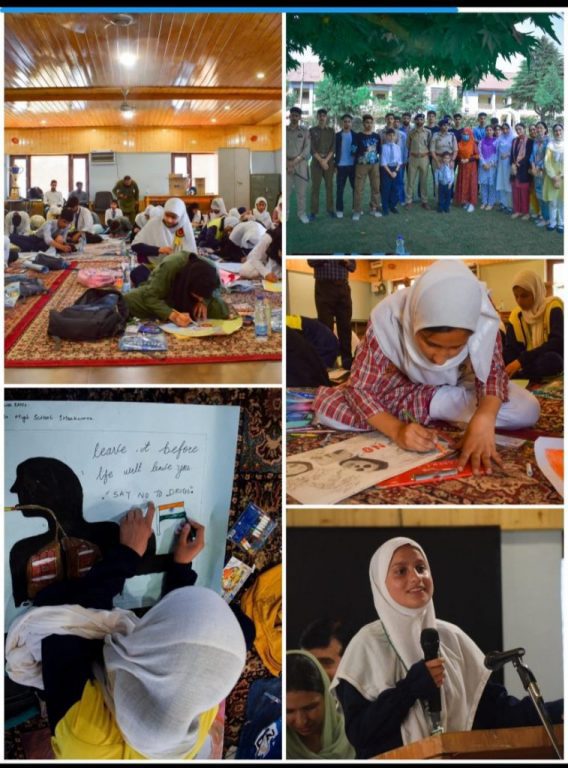
JOURNEY BEGAN IN 2008
SSP Sajjad Khaliq Bhat, who serves as the staff officer to DIG Sujit Kumar, shared his insights with Indian Masterminds. He said that the J&K police have been actively engaged in public outreach initiatives, particularly in combating the drug menace. The journey began in 2008 with the establishment of a modest setup at PCR Srinagar, which has since been expanded in terms of personnel, including social workers and medical staff.
In 2016, a dedicated and comprehensive Youth Development & Rehabilitation Centre was established in Srinagar. This centre plays a crucial role in rehabilitating young individuals who have unfortunately fallen victim to substance abuse and have become casualties of the prevailing situation. The focus of our efforts primarily revolves around rehabilitating such youth.
Acknowledging the growing concern regarding drug abuse, the J&K police have been receiving numerous requests from college and school principals in every district to organize awareness programmes. Recently, a programme was held at Amar Singh College, where 250 Imams from across the valley were invited to address the perils of drug abuse. These initiatives aim to raise awareness, educate the community, and foster a collective effort in eradicating the scourge of drug addiction.
OVERCOMING CHALLENGES
While admitting that challenges persist, SSP Nagpure said that the concerted efforts of the government, police, local administration, and community members are beginning to yield results. “The support and cooperation of the public in providing intelligence have been instrumental in identifying and apprehending drug dealers. The government remains resolute in its commitment to tackling drug abuse and protecting the well-being of the youth,” he added.
Meanwhile, Jammu and Kashmir Lieutenant Governor, Manoj Sinha, has emphasized the collective responsibility of society in rehabilitating the affected youngsters, attributing the drug addiction conspiracy to a neighbouring country. Speaking at the ‘Pedal for Peace’ event, Mr. Sinha urged the youth to lead the campaign against drug addiction.

